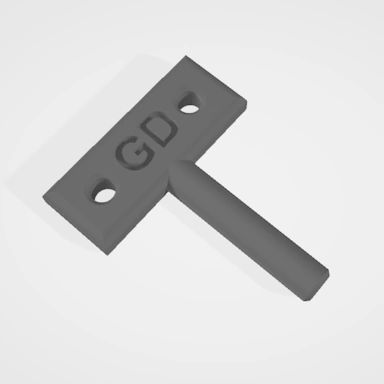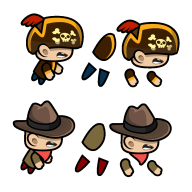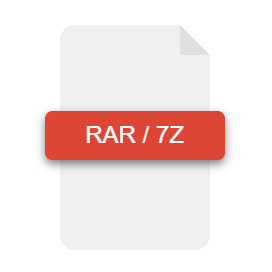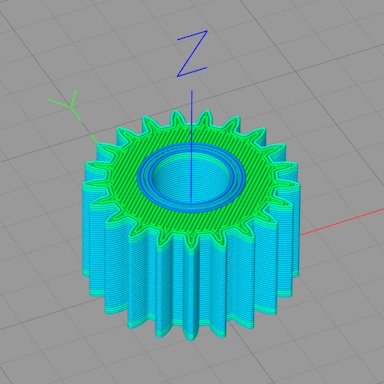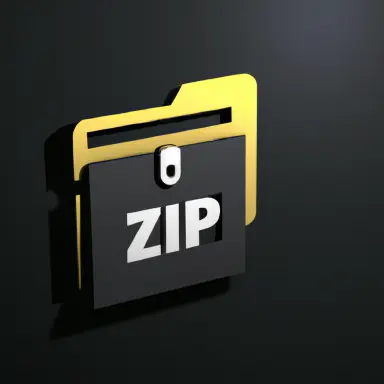How does converting PLY to OBJ work?
In order to successfully convert an PLY formatted file to the OBJ format, our converter tools will perform several initial checks to ensure the file provided is indeed an PLY file. There are many files out there where the file type extension does not match the data contained within the file. Along with these file type checks, our tools will do additional checks to ensure the file is correctly formatted to match the provided file type. There are many tools out there that do not always create PLY files to the exact specification.
Take your PLY file
The PLY file format can be either a text-based or binary format, meaning if its content is plain text, it is human-readable; otherwise, if it is binary, then it can only be edited with specialist PLY editing software. The data within the file, regardless of whether it is text or binary, contains the core elements that make up the 3D model, including vertices, faces and more. To guarantee efficient conversions, our tool will check all data that is contained within the PLY file and remove any information that is duplicated. This not only ensures the conversion completes more quickly, but also that the generated OBJ is smaller.
Convert the data from PLY to OBJ
Now that the data from the PLY file has been processed, our tool can apply any conversion specified options, such as enabling Voxel mode, and with these applied, prepare the data to be converted to the final OBJ file format. Part of this process ensures checking the capabilities of the OBJ format and removing any data that cannot be represented.
Save to the OBJ format
At this point, the PLY to OBJ conversion tool will have the 3D model in a state that is ready to be transferred to the OBJ format. Our tool creates the OBJ file, ensuring all the model data is present and is formatted to match the OBJ file specification to ensure the file opens in compatible OBJ file editors.




